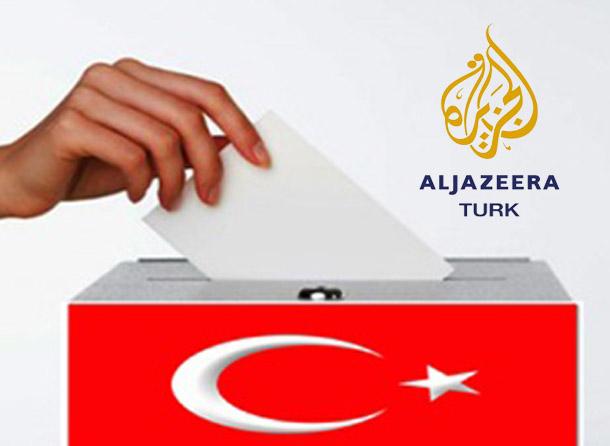
The upcoming parliamentary elections in Turkey will be the first since Ahmet Davutoğlu became head of the ruling party after the founder and former leader of Justice and Development Party (AKP), Recep Tayyip Erdoğan, went on to become president. Prime Minister Davutoğlu’s performance will determine the future of Turkish politics. The results of these elections will also determine whether President Erdoğan’s pursuit of a “presidential system” will be successful. Will Turkish voters give enough votes to enable constitutional amendments to pave the way for a presidential system of government?
Furthermore, these elections will also inevitably bring forward the Kurdish issue in Turkey. The People's Democratic Party (HDP) aims to pass the 10 percent threshold and gain strong representation in parliament. Such electoral gains will be difficult but are not impossible. Kurdish politicians have become openly defiant towards their opponents. What path will Turkey take on the Kurdish issue after the elections? What shape will the peace process take?
Last but not least, the upcoming elections will be crucial for the future of Turkey's main opposition party, the Republican People's Party (CHP). If the party loses more ground to the AKP, will it look for a new political strategy or a new leader?
Speakers:
- Muhittin Ataman Deputy General Director of SETA think tank in Ankara, Turkey
- Murat Özçelik, Former ambassador and advisor to the chairman of the Republican People’s Party (CHP), Turkey
- Ahmet Türk, Co-mayor of Mardin and former chairman co-chair of the Democratic People's Congress, Turkey
- Ayşe Böhürler, Journalist and one of the Justice and Development Party founder (AKP), Turkey
- Ayşegül Sever, Professor of International Politics at the Marmara University, Turkey

